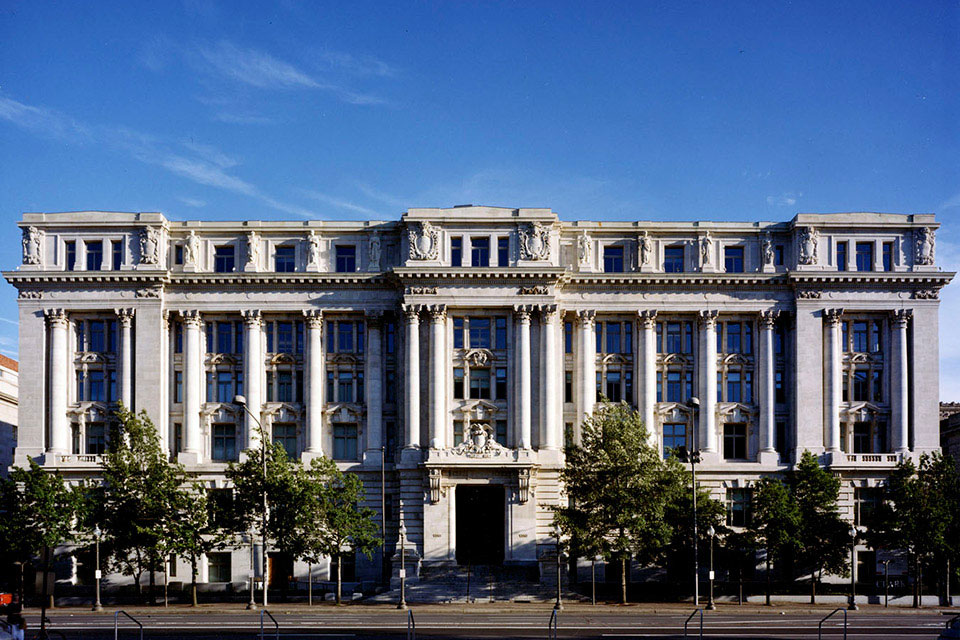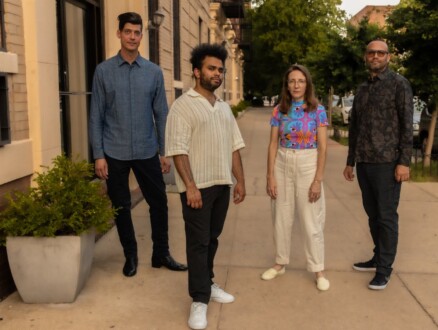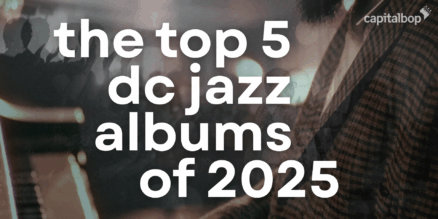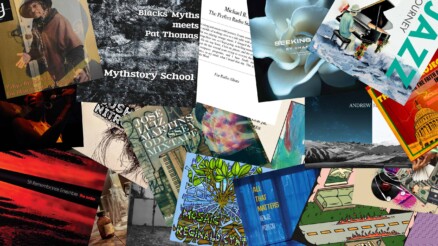D.C. Council proposes bill to cap resale prices for concert tickets

A diverse swath of the DMV’s music industry convened last week to present divergent public testimony over whether the D.C. Council should pass legislation capping resale prices for concert tickets in the District.
The Resale Amendment Act, introduced in April by Ward 6 Councilmember Charles Allen, would limit resale prices to no more than 10 percent above the ticket’s face value, ban the sale of speculative tickets, set guidelines on transparency and impose fines on violators.
The public hearing was held on October 22 at the Wilson Building.
“Unfortunately, the ticket buying process is an expensive ‘Wild West’ here in D.C. and around the country,” Allen said in his introductory comments. “The status quo for going to a concert today doesn’t work.”
One consistent thread in statements of support of the legislation was that ticket reselling creates what Allen described as an “artificial market” that inflates ticket sales well beyond where the artist or venue originally sets them at.
This shuts fans out of concerts and keeps fans that do go from spending money on things like food, drinks or merchandise that support the local economy. “The money siphoned by ticket brokers and secondary market platforms goes out of D.C. entirely,” testified Audrey Fix Schaefer, Director of Communications for I.M.P, which operates four clubs in D.C. (the 9:30 Club, Anthem, Lincoln Theatre and Atlantis). “[It goes] to hedge funds that have never booked a band or hired D.C. workers.”
According to Fix Schaefer, among I.M.P.’s four D.C. venues, 61,000 tickets were resold at double their face value or greater since the start of this year. At the 9:30 Club alone, resale tickets averaged $395 versus an average face value of $37, according to Jean Homza, the venue’s community liaison.
I.M.P. and other organizations also shared examples of speculative tickets, a term for tickets that are listed — with substantial markups — on resale sites before they are officially available from the venue. Jake Diamond, marketing director for stalwart local venue operator Union Stage Presents, said in testimony that tickets for electronic duo Machine Girl were listed on secondary markets for $359, two days before they were officially released at only about $45.
Although most “jazz” shows in the District live in more informal venues where ticket scalping is less of an issue than gentrification and displacement, larger venues still host the occasional touring jazz act, causing potential resale pain for both jazz fans and practitioners.
Resellers buying up tickets and driving up the price “creates the illusion that the artists are the ones cashing in,” testified Koyaki, a D.C. based, GRAMMY-nominated artist. “But let me be clear: We are not.”
Kokayi said that what he earns from a show’s ticket sales is set months before any given show, and the rest of the revenue goes to the booking agent, ticketer and venue. When fans confront him about the prices of tickets, he said he’s left wondering, “When did these tickets become $300?”
The profit from those resale tickets, Kokayi said, “is going to someone who didn’t play a note, write a lyric, didn’t set up a mic stand, or deal with their parents telling them to get a real job.”
Despite strong local support, the bill’s proposed price caps drew opposition from StubHub and SeatGeek representatives as well as a number of other lobbyist groups.
Kevin Callahan, head of North America government relations for StubHub, said in testimony for the company that price caps reinforce monopoly power and undermine consumer protection in the marketplace. He cited a study by consulting firm Bradshaw Advisory which found that ticketing fraud rates in Ireland and in Victoria, Australia — places where price caps have been implemented — are four times that of the United Kingdom, which has no price cap. The study was commissioned by StubHub.
Callahan also argued that fees derived from secondary ticket sales (which would be diminished should sales prices be capped) allow resale platforms to compete with Live Nation, the behemoth multinational entertainment company that owns Ticketmaster. Live Nation is currently facing an antitrust lawsuit from the U.S. Department of Justice and several states, as well as a lawsuit over deceptive practices from the Federal Trade Commission.
Those fees also “pay for fraud prevention, customer support, order fulfillment and the guarantees that ensure that the fans get in,” according to Brian Berry, who testified in his capacity as executive director of the group Ticket Policy Forum (which represents StubHub, SeatGeek and other major marketplaces).
But Ward 1 Councilmember Brianne Nadeau, who held the hearing, noted that StubHub, for example — a company recently valued at as much as $16 billion — spends 14 times more on marketing than on operations.
For resale companies, “marketing” goes beyond traditional advertising; Fix Schaefer said that the platforms will often use that marketing money to redirect fans searching for shows on Google to their websites, and to pay lobbyists.
“The deeper issue,” said Kokayi, “is that people are leveraging love — the love fans have for the music, the love I have for the fans, and our connection that’s sacred. That’s something we’re not really supposed to play with.”
The bill remains under consideration by the D.C. Council, with no public timeline for a vote yet.





